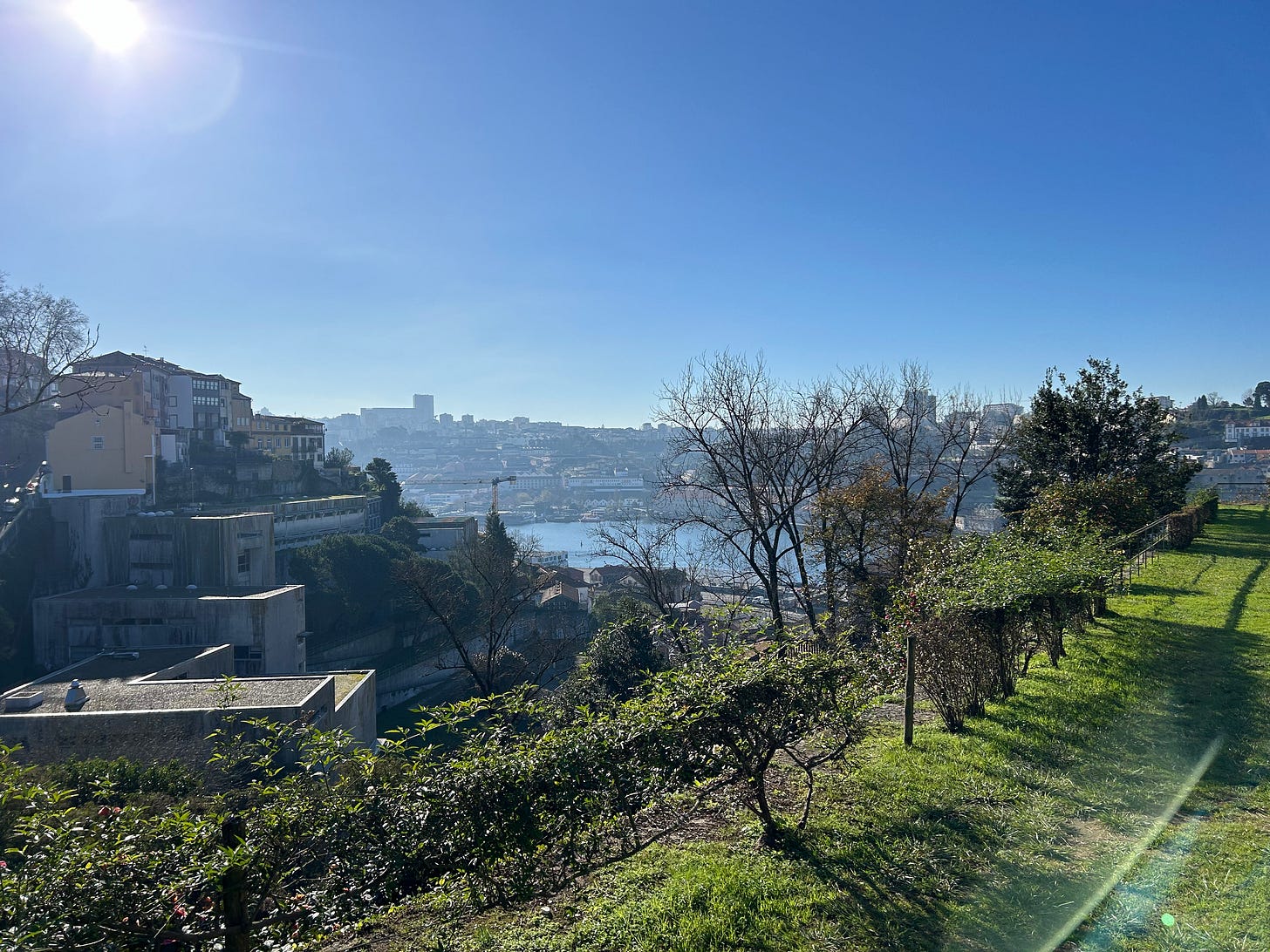Introducing The Echo Project
Welcome to The Echo Project! I’m glad you found your way here. To start with, a question:
How can we mitigate the undesirable effects of gentrification, while magnifying its capacity to regenerate neighbourhoods and strengthen communities?
I think it’s useful first to outline a little bit what we mean by gentrification, which seems to depend to some degree on your politics. For the purposes of this research, we’re going to use both definitions — at times interchangeably. Saaaarry! Gentrification, originally referring to the process of becoming more refined, is nowadays more commonly used to describe the process of a neighbourhood seeing an influx of wealth, leading to the displacement, whether by force or by “choice” (read: economic necessity) of its inhabitants.

In this research, I’m going approach this question from a slightly different angle, through the lens of ecological cybernetics (EC). Largely credited to Gregory Bateson, EC was a marked development of the original black box ontology. Cybernetics had been established some 20 years prior whilst researching autonomous warfare, to map the characteristics of the highly complex systems which its practitioners considered to be the very fabric of reality. The world, according to a cyberneticist, is made up of a perhaps infinite number of interlocking systems at various different scales and directions. A cybernetic system, they proposed, could be characterised as a system which is:
Dynamic — cybernetic systems are always changing;
Interconnected, both within itself and to other cybernetic systems, to a degree which is so complex that we’re unable to ascertain exactly the third/fourth/fifth/etc order effects of tweaking one or more element(s) within said systems;
Self-regulating — a cybernetic system seeks a state of balance, although this state of balance is not static and regulation is likely to be occurring over a large enough time scale that it may be difficult to observe exactly what the target state of “homeostasis” might be.
Gregory Bateson (who was, amongst many other very cool professions, an anthropologist) observed in the 60s (of course) that the prevalence of cybernetics in nature was what lay at the core of many animist cultures. And, seeing the world through the lens of EC, we begin to understand that these “primitive” belief systems are actually as empirically correct as “western” sciences. A cyberneticist might argue that much of mainstream knowledge today is largely constructed through a Cartesian Dualist study of the world, which has proven to be extremely useful, but also somewhat reductive.

So, for a very simple example, consider that a human being, a village, a weather system and a forest are all cybernetic systems. These circular systems intersect with each other to create yet more cybernetic systems at different levels. If you take a human living in a forest and place them living by the sea, their system will shift to seek a different homeostatic state. If you keep them in their forest and the weather system around them changes, so too will the human. The forest affects the weather system, which in turn affects the village, which in turn affects the human, and so forth.
It might be worth noting here that one can attribute the roots of the study of cybernetic principles much further back than the 1940’s and in many different contexts (true to cybernetic form), I will try to explore this a bit more in future posts.
At this point you may be thinking, ‘who is this woman and why the f*ck is she doing this?’
Hello! I’m Türkü and I have been working in the hospitality space for most of my life. Starting in a Chinese takeaway at the age of thirteen, through to restaurant management, strategy consultancy and, most recently, as CMO of a hospitality and travel company. Let’s face it, cute independent restos popping up in your neighbourhood are basically the harbingers of gentrification. The travel industry is also a turbo-gentrifier. Almost every project I've worked on has been tinged with it (some of them outright awash with it!) and yet, I know that I and many of the people I’ve worked with aren’t exactly fans of big property, retail projects, investment real estate, etc. How do we reconcile these forces a little bit?
In this journal, I’ll start by unpicking some of the theoretical underpinnings of The Echo Project, and thereafter I’ll mostly share interviews with people from many different disciplines, alongside some light commentary. I am more interested in unearthing the insights others bring to the table, and connecting dots where they come up, than I am in pursuing hard analytics or a specific agenda. This is an exercise where curiosity and learning take the lead.
What I hope for from this project, as a die hard cyberneticist, is to embrace as much complexity and interconnectivity as possible. Discussions on the subject of gentrification tend to lean towards resource distribution, the pitfalls of capitalism, etc. That is obviously very important because it grapples with one of the most material impacts of gentrification, but I think there's a lot of space for community X relationships X bigger picture thinking too.
My research will explore perspectives from across the political spectrum. Even in calling the process ‘gentrification’, we’re planting a stake in the ground in the ‘lefty’ camp — a camp which I am very happily a member of. But in my experience, many people living in gentrified areas were often unhappy with the circumstances of their neighbourhoods before the influx of wealth. While in every case of gentrification there are some people who lose out, there are also many local small businesses and residents who stand to gain from it. This is unfair, of course – and I’m not arguing that the benefits experienced by some justify the inequity that befalls others. I’m also aware of how easy it is for me to say this given my relative privilege. However, I think the way forward requires some degree of sitting with some uncomfortable truths.
EC helped me to formulate a "bigger picture" critique of sustainability communications during a MSc thesis I wrote in 2019, whilst studying Strategic Communications at London School of Economics. I hope the same might also prove to be true for the problem of gentrification. That being said, I’m not under any illusion that I might produce game-changing, concrete recommendations at any significant scale right now. As such, the research itself is the offering.
See you again in a couple of weeks time, when I’ll begin by expanding a little bit on my man Gregory, EC and enchantment ✧˖°.

